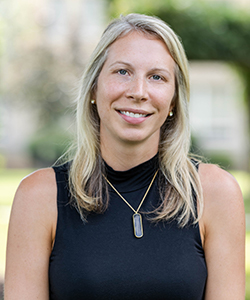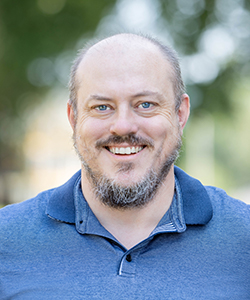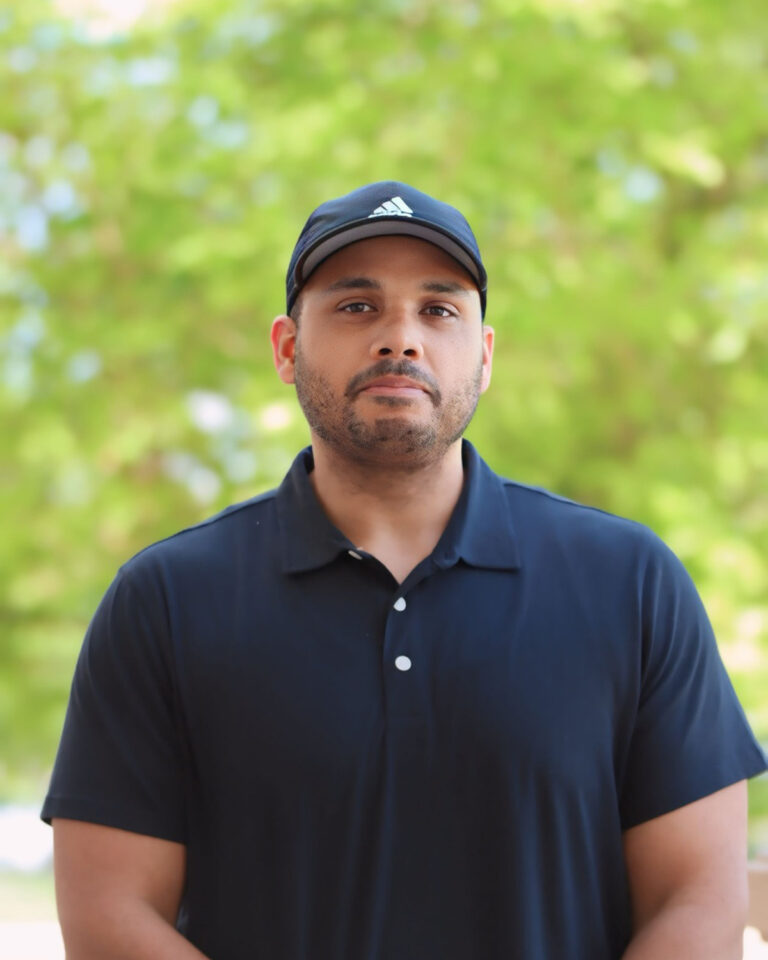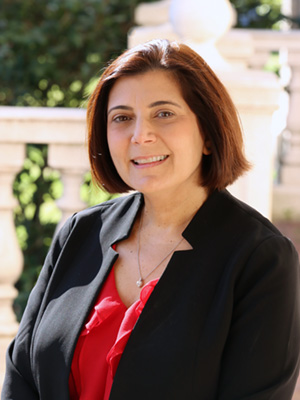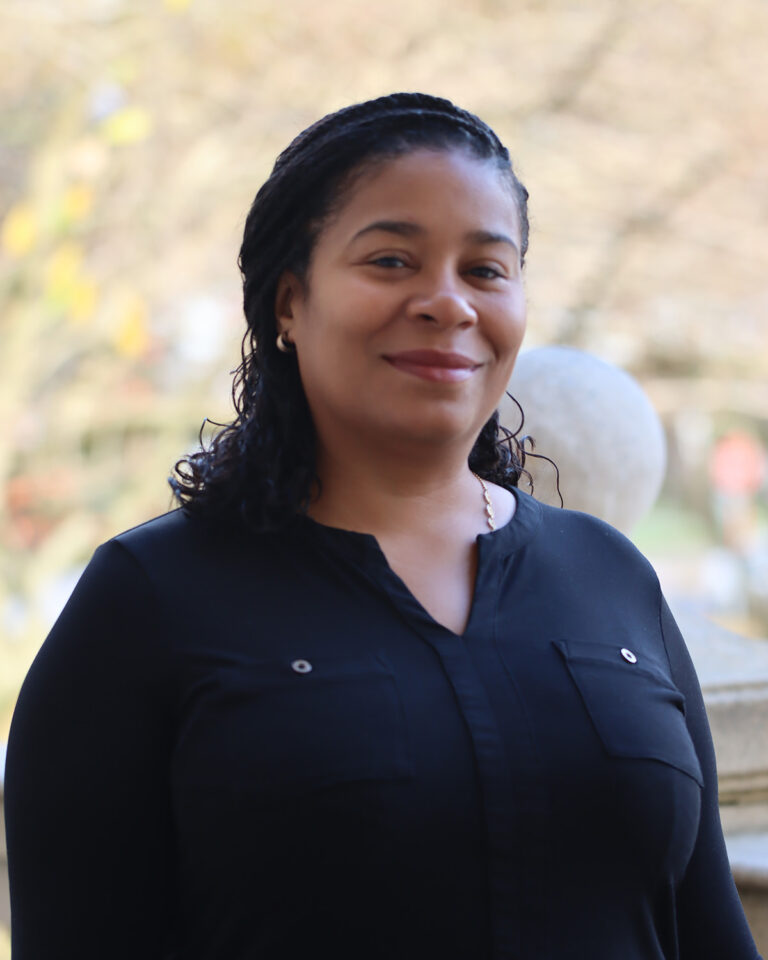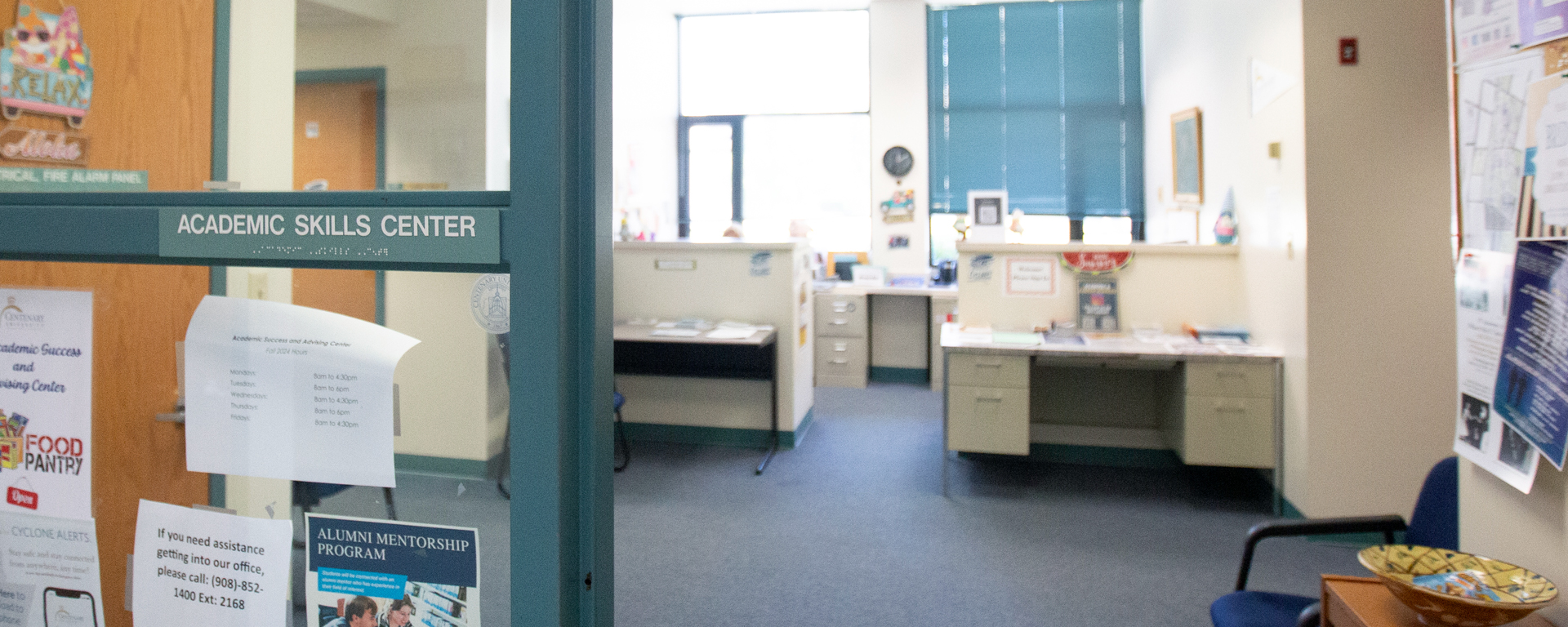
Academic Success and Advising Center
Book a Session
Register now to book an individual session on our calendar!
The mission of the Academic Success and Advising Center (ASAC) is to provide resources and support to help students become successful independent learners. ASAC recognizes that a student’s ability to succeed academically is impacted by many outside factors, including, but not limited to, past life experiences, culture, educational background, language fluency, race, neurodivergence, gender, past trauma, veteran status, athletic involvement, career goals, and financial concerns. As such, ASAC’s approach to academic support is inclusive and encompasses the whole student, ensuring that they have access to resources to support them personally while also providing them with tools to understand who they are as students, to know more about the ways they learn best, and to navigate college curricula successfully.
ASAC, located in the Harris and Betts Smith Learning Center, is the primary source of academic support programs on campus. Students can request academic coaching appointments for topics such as: goal setting, time management, study strategies and various other academic skills. All of the services provided are free.
Our Accessibility Services Office also provides support services to our Centenary students and is located within the Academic Success and Advising Center.
ASAC holds a variety of success strategy workshops each semester. These workshops teach students strategies to improve their organizational skills both inside and out of the classroom.
The responsibilities of an Academic Advisor include:
- Get to know a student’s interests and goals and serving as a guide to planning your academic program at Centenary University.
- An Advisor will be knowledgeable about the curriculum, course requirements and options.
- Sometimes your questions cannot be answered by your advisor but your advisor will direct you to appropriate resources on campus.
The responsibilities of the Advisee include:
- Think about the academic goals you have for yourself as a Centenary University student.
- Discuss goals, concerns and bring up questions you have about your college career.
- Meet with your advisor a few times a semester, not just when you are ready to schedule courses or have a problem.
- Become familiar with University resources and academic policies.
- As a full-time student, you are responsible for making and keeping appointments with your advisor for academic counseling during pre-registration to avoid late fees and to ensure class selection.
“Good advising may be the single most underestimated characteristic of a successful college experience. ” Dr. Richard Light - Making the Most of College: Students Speak Their Minds
Meet the staff of the Academic Success and Advising Center.
Got questions?
We are here with answers:
Academic Advising
(908) 852-1400 ext. 2168
Hours:
Academic Year Hours - Monday - Friday 8:30 AM - 4:30 PM
Summer Hours - Monday - Thursday 8:30 AM - 4:30 PM (May 12 - August 11)
